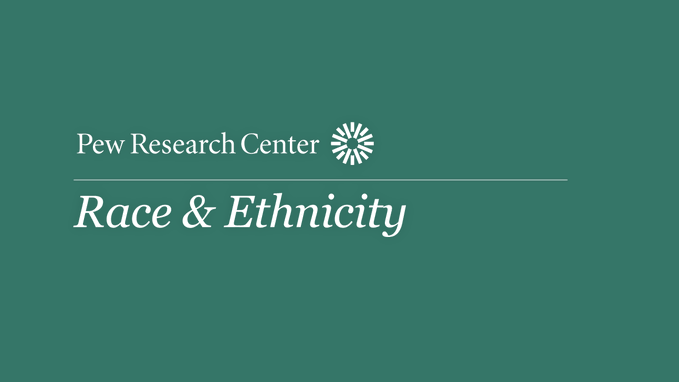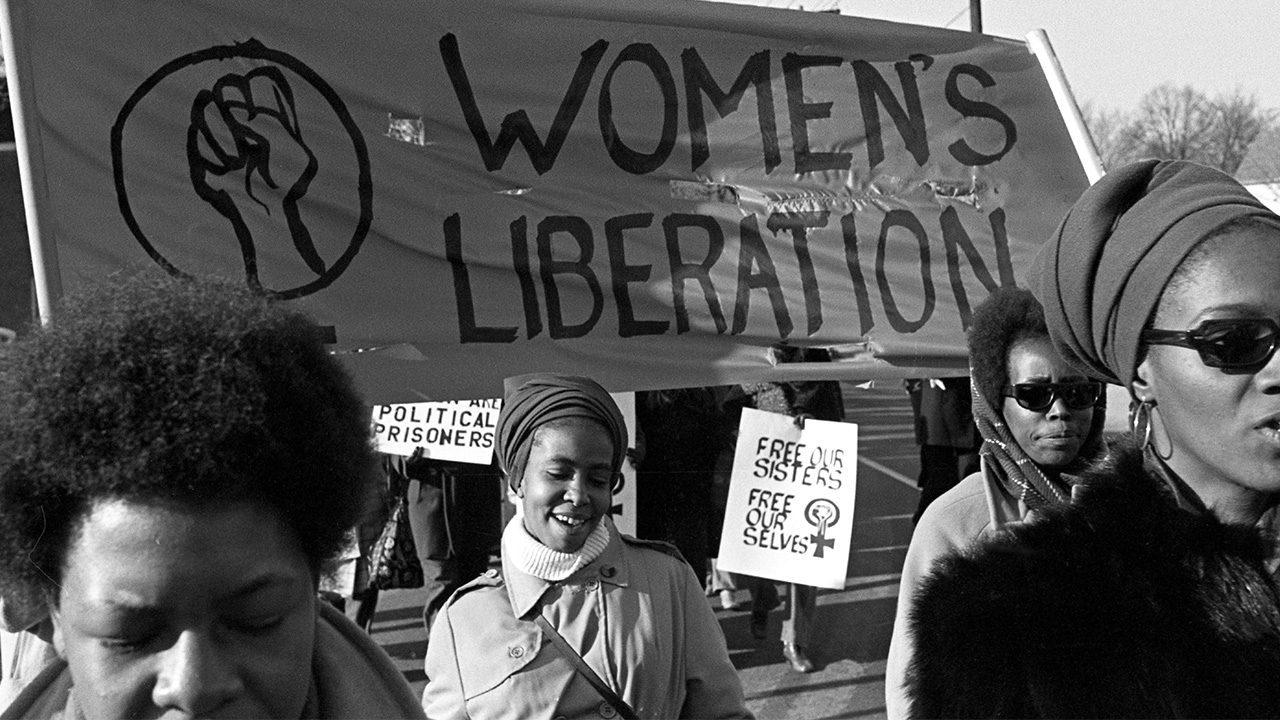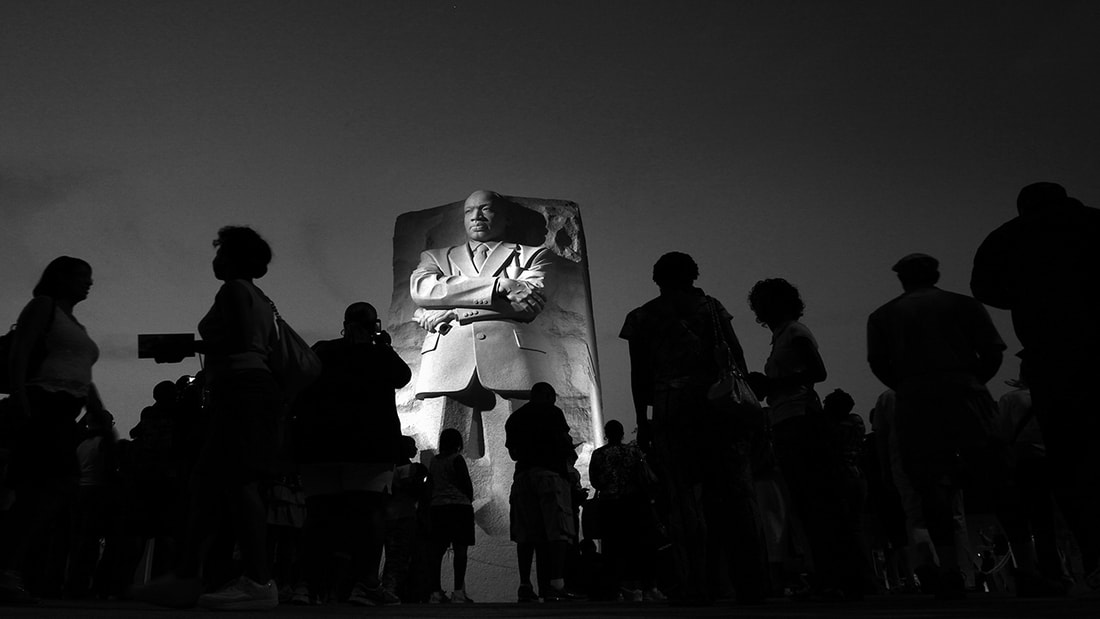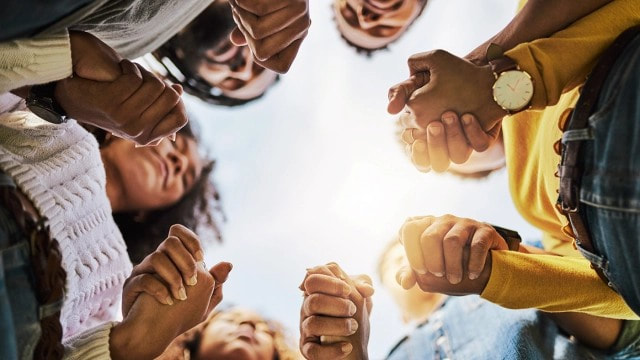CURRENT RESEARCH
2021 National Survey of Black Americans

Pew Research Center has publicly released our 2021 National Survey of Black Americans. The sample includes nearly 6500 U.S. adults along with an oversample of nearly 4000 Black adults. This oversample allowed us to dig into important subgroup differences within the Black population on key issues of racial identity and racial equality. This data set was used to generate the reports on Black American identity, politics and gender issues, which are all linked below.
Download the data set here: American Trends Panel Wave 97 data set
Find dozens of our other public data sets here, available at no cost: www.pewresearch.org/tools-and-resources/
Download the data set here: American Trends Panel Wave 97 data set
Find dozens of our other public data sets here, available at no cost: www.pewresearch.org/tools-and-resources/
Black Americans, Feminism and Gender Identity

This report is where my academic research and my work at Pew finally got a chance meet. In it, I pull together data from 4 existing Pew Research Center studies to examine what Black Americans think about gender equality, feminism and gender identity. I've spent the majority of my career studying how race and gender intersect among Black Americans and how these intersections have manifested throughout Black history, so writing this report represented a full circle moment for me.
Read the findings here and see national coverage of the report at CNN.
Read the findings here and see national coverage of the report at CNN.
Black Progress and Politics

Pew Research Center conducted this analysis to understand the nuances among Black people on issues of racial inequality and social change in the United States. This in-depth survey explores differences among Black Americans in their views on the social status of the Black population in the U.S.; their assessments of racial inequality; their visions for institutional and social change; and their outlook on the chances that these improvements will be made. The analysis is the latest in the Center’s series of in-depth surveys of public opinion among Black Americans.
Read the findings here and see national coverage of the survey at the New York Times, CNN, USA Today and BET.
Watch and listen to me discuss the report below.
Read the findings here and see national coverage of the survey at the New York Times, CNN, USA Today and BET.
Watch and listen to me discuss the report below.
C-SPAN: Washington Journal
Roland Martin Unfiltered
NPR - Southern California
"Air Talk" with Larry Mantle
Black Americans and Identity

Pew Research Center conducted this analysis to understand the rich diversity of Black people in the United States and their views of Black identity. This in-depth, robust online survey of 3,912 Black U.S. adults explores differences among them in views of identity such as between U.S.-born Black people and Black immigrants; Black people living in different regions of the country; and between Black people of different ethnicities, political party affiliations, ages and income levels.
Read the findings here and see national coverage of the survey at the Washington Post, CNN, The Hill and Essence. Click below to listen to me and Perri Small discuss the report on Midday Madness on WVON Chicago 1690.
Read the findings here and see national coverage of the survey at the Washington Post, CNN, The Hill and Essence. Click below to listen to me and Perri Small discuss the report on Midday Madness on WVON Chicago 1690.
Faith Among Black Americans
This study is Pew Research Center’s most comprehensive, in-depth attempt to explore religion among Black Americans. Its centerpiece is a nationally representative survey of 8,660 Black adults (ages 18 and older), featuring questions designed to examine Black religious experiences. The sample consists of a wide range of adults who identify as Black or African American, including some who identify as both Black and Hispanic or Black and another race (such as Black and White, or Black and Asian).
Read the findings here and see me and my co-author, Besheer Mohamed, discuss the findings below. Download the data set here: https://www.pewresearch.org/religion/dataset/faith-among-black-americans/.
Read the findings here and see me and my co-author, Besheer Mohamed, discuss the findings below. Download the data set here: https://www.pewresearch.org/religion/dataset/faith-among-black-americans/.
Pew Research Center
Columbia University
Fordham University
NPR - Southern California
"Air Talk" with Larry Mantle
The Woolf Institute at Cambridge University
CNBC - Make It
PREVIOUS RESEARCH
“…all those concerned with promoting a more expansive notion of blackness, be it through contests around nation, gender, or sexuality, must pay attention to the politics national black organizations either produce, challenge, or legitimate”.
~ Cathy Cohen
"The Boundaries of Blackness"
Incomplete Intersectionality:
Gender in 21st Century Black Organizations
In this study, I analyzed the ways that leaders of African American social justice organizations used gendered collective action frames in their efforts to interpret and present solutions for social problems that affect African Americans. My mixed methodology featured textual analysis of the mission statements, programs, and press releases of 34 national African American organizations, as well as semi-structured interviews with 35 leaders of local, regional, and national African American organizations. Key findings indicate that leaders of 21st century black organizations deploy intersectional viewpoints which acknowledge the multiple layers of inequality that black women face. However, they still frame them as less severe than those which black men face while also patently dismissing the kinds of inequality that black LGBTQ people experience.
This study serves as the basis of my current book project, which puts these findings in conversation with the history of androcentric anti-racist African American social movements. This research is the winner of the University of Illinois at Chicago's 2015 David P. Street Dissertation Prize in Engaged Sociology. It was funded through the University of Illinois Provost's Award for Graduate Research (2010-2011) and the University of Illinois at Chicago's Bucher Memorial Award for Qualitative Studies in Social Process (2011-2012).
My personal research agenda is currently on hiatus. Please click the "My Pew Bio" button on the home page for a full listing of the research I am conducting at Pew.
This study serves as the basis of my current book project, which puts these findings in conversation with the history of androcentric anti-racist African American social movements. This research is the winner of the University of Illinois at Chicago's 2015 David P. Street Dissertation Prize in Engaged Sociology. It was funded through the University of Illinois Provost's Award for Graduate Research (2010-2011) and the University of Illinois at Chicago's Bucher Memorial Award for Qualitative Studies in Social Process (2011-2012).
My personal research agenda is currently on hiatus. Please click the "My Pew Bio" button on the home page for a full listing of the research I am conducting at Pew.

